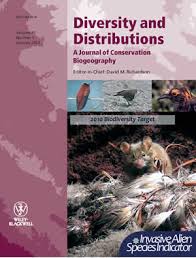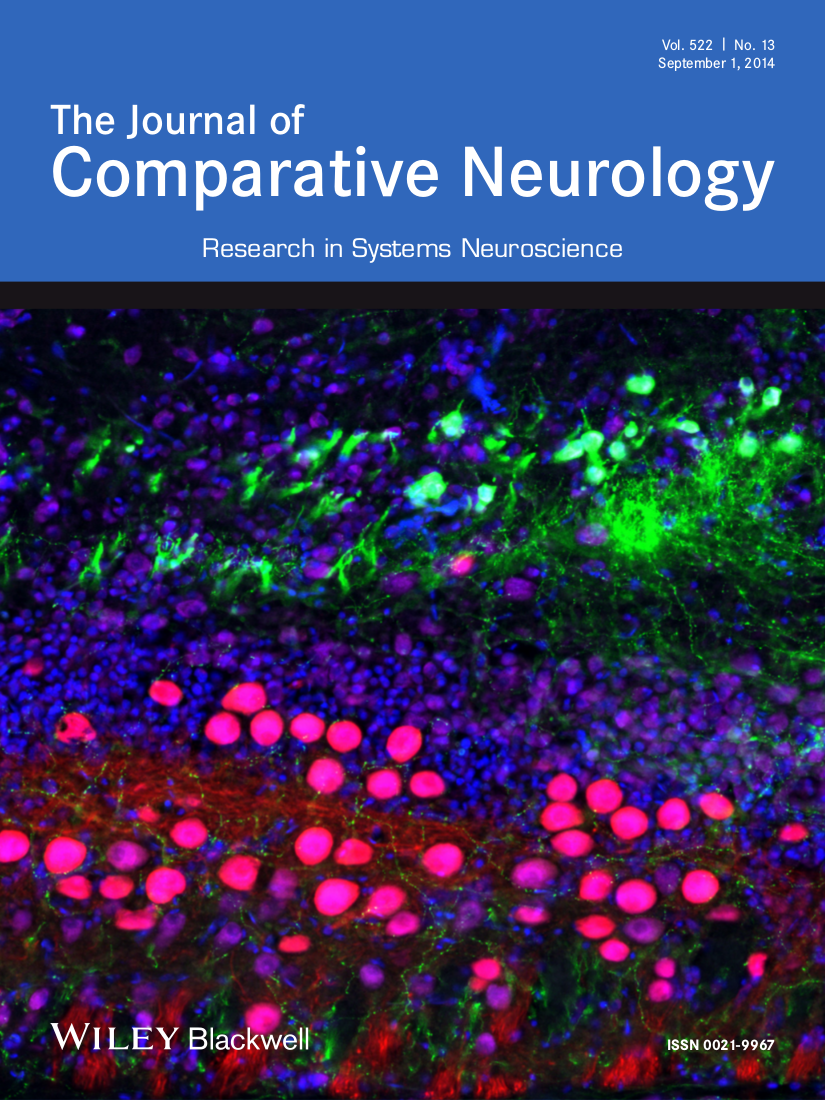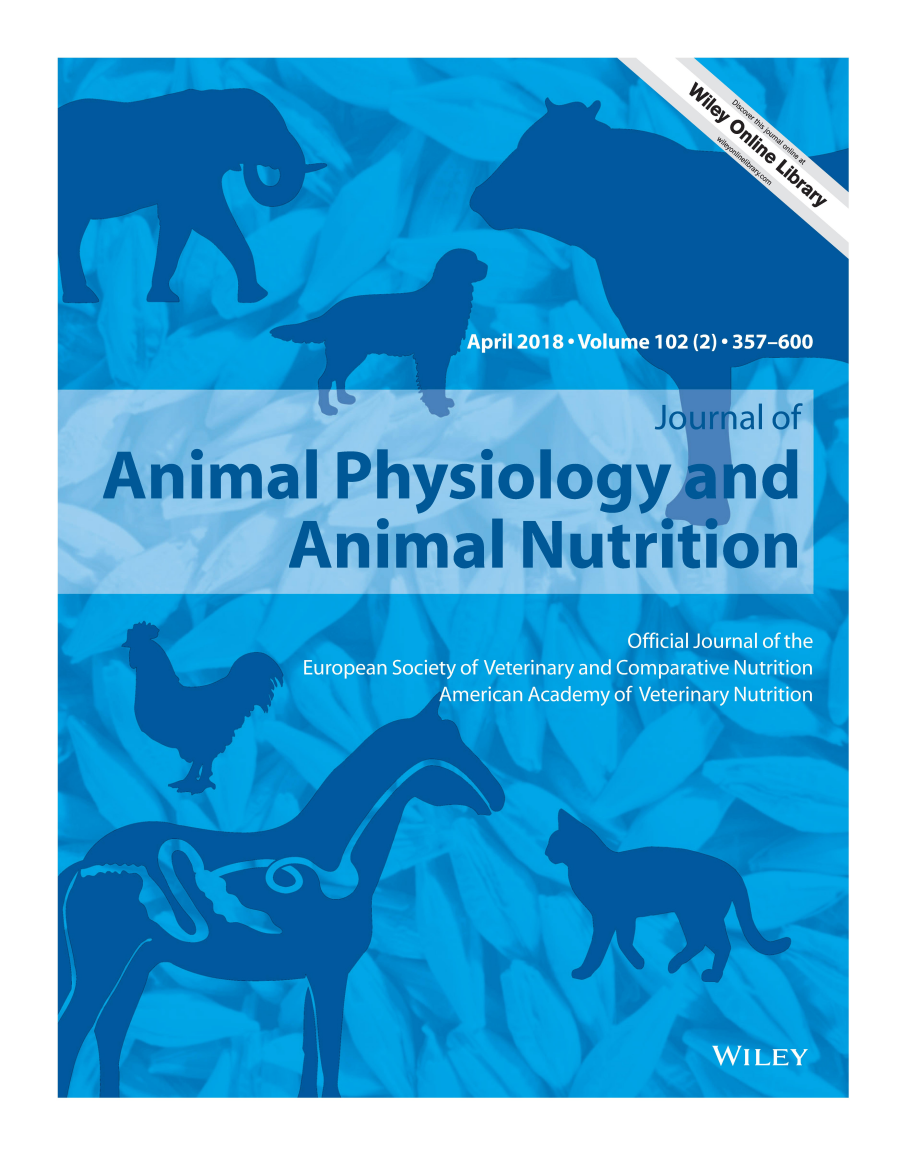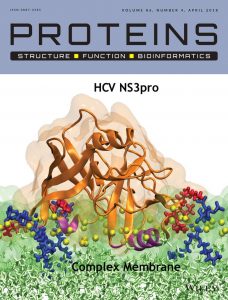 A leading journal in ecology and evolution is going through an evolution of its own, following the resignation of its editor in chief and more than half of its editorial board.
A leading journal in ecology and evolution is going through an evolution of its own, following the resignation of its editor in chief and more than half of its editorial board.
The mass exodus at Diversity & Distributions came after Wiley, which publishes the journal, allegedly blocked it from running a letter protesting the company’s decision to make D & D open access (the company disputes the claim, as we’ll detail in a bit). A letter about the issue, signed by scores of researchers worldwide, decried Wiley’s move: Continue reading Majority of journal’s editorial board resigns after publisher’s handling of letter about move to open access


 The maker of a leading over-the-counter antacid has withdrawn its application for approval of the drug in China because a clinical trial of the product in that country was marred by “major protocol deviations.”
The maker of a leading over-the-counter antacid has withdrawn its application for approval of the drug in China because a clinical trial of the product in that country was marred by “major protocol deviations.”
 A group of Australian researchers who studied the cat’s meow as a model for urinary incontinence and other motor-neural issues in people have
A group of Australian researchers who studied the cat’s meow as a model for urinary incontinence and other motor-neural issues in people have  A leading orthodontics journal has retracted 12 papers after determining that they contained either reused images, questionable data or both. Several of the articles involved experiments conducted in dogs — and one person familiar with the case told us that the duplication was an attempt to avoid sacrificing more animals than necessary for the research.
A leading orthodontics journal has retracted 12 papers after determining that they contained either reused images, questionable data or both. Several of the articles involved experiments conducted in dogs — and one person familiar with the case told us that the duplication was an attempt to avoid sacrificing more animals than necessary for the research.  A fish scientist in Iran has now
A fish scientist in Iran has now 
